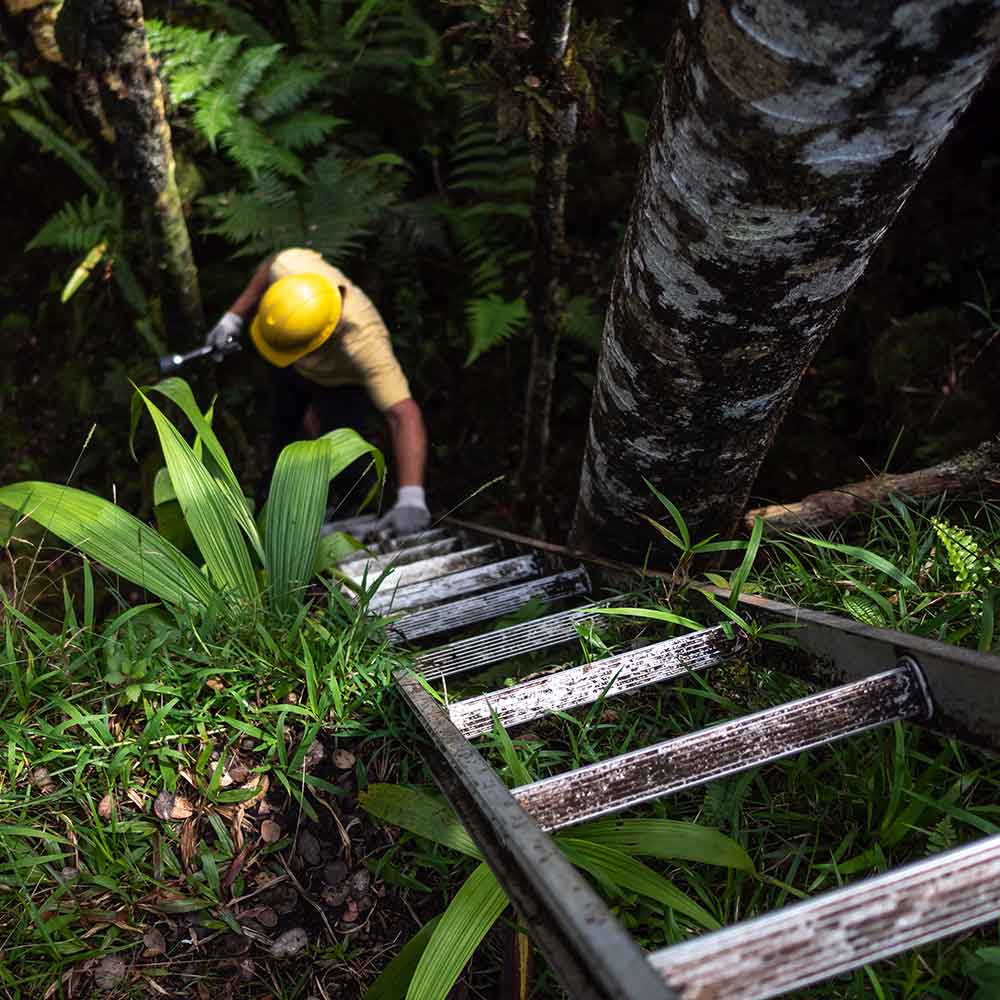Citation: Earth is 1g and plant life evolved for its quantity of sunlight.
And yet plants grow in a wide varieties of light levels and temperatures.
Yes if you put a wheat plant in the Arctic I'm sure it will grow. Make sure you replace the ice with iron oxide, silicon dioxide, and various other oxidized forms of sand and minerals, and give it a healthy bath of salt for flavor.
Mars is entirely inhospitable to all forms of Earth life. It's saturated in toxic chemicals. It's cold. It's a literal desert. More salt than the Salt Lake flats.
You might as well ask why people don't grow summer wheat in the Sahara anymore. Or why the Mormons aren't beating Montana at cereal grain production. Because cereals don't grow in dry, sandy places that have little water and large amounts of salt. If it were breathable whatever life evolves would likely be bizarre by normal biochemistries because it would need to subsist in a heavily chlorinated desert with large salt lakes dotting the place.
Think brine shrimp with sharp rocks and slingshots I guess for animal/sepoy life. Plant life would likely be limited to lichens and algae, similar to the Dead Sea, and perhaps some exothermic extremophiles at the deep depths that live near geologic vents (let's give Mars some credit, if she has an atmosphere, she has tectonic activity) or something.
Again, we know what it would look like. We have plenty of analogues on Earth. None of them are particularly appealing places to live. If you want to live on Mars you can try buying a plot of land in north Utah for pennies and building a shack in the middle of the salt desert. Then try subsistence farming. Literally the same thing. You can also try mining quartz in the same place, or possibly just grinding up some 5G crystals, and snorting them, and that should give you your daily dose of Martian dust and eventual lung cancer.
Conversely we know almost nothing about Venus's soil compositions, but we know that any sort of habitable Venus would be so alien to the actual Venus that it might as well be Elysium compared to even a wet and watery Mars.
Mars dry: Salt desert.
Mars wet: Salt swamp.
It doesn't really get any better unless you're a protist, a sea crustacean, or something, then it's pretty swell because those are weird.
If it makes you feel better Martians would find us just as icky but they'd probably be worse off so we could conquer them and enslave them to dig out iron that would somehow be worse than Manchurian ore. Maybe they'd have coal too. Polish Space Empire can smog mog Olympus Mons instead of Western Europe and make crummy iron starships and iron oxide powered rockets while slapping shrimp men around with big sticks because we'd be unstoppable ogres on Mars until the skeletal atrophy hits.
Before we go to space we need to make new men who can ration resources in an industrial rather than hunter-gatherer style or something.
Ye gods no. The *last* thing we need to make are "new men." It's a tragically awful idea.
Then humans will go extinct.
Realistically it's probably too late to colonize space since humans decided to shoot their energetic wads of easily available petrochemicals on driving to the store and delivering food to supermarkets, instead of building space rockets, because humans are lazy and impatient relative to an ideal Industrial Man. But that's the hunter-gatherer brain at work. An industrial brain would set aside those resources for future exploitation and continue living in broadly primitive lifestyles for low energy consumption until a time when the resources could be expended on population explosion/dispersal.
Rinse, repeat.
The only actual difference is
time preference. Industrial brains have time preferences measured in years or decades. Hunter-gatherers have time preferences measured in weeks or months.
But as I said it's a Catch-22: Industrial brains would starve to death pre-agriculture because they would hoard all resources and hunter-gatherer brains die out post-agriculture due to resource overuse. You might even call it a "tragedy" of "the commons".
More than likely a metamorphic stage that occurs when a certain level of population density triggers it, would work, where the species grows into a chrysalis and is formed into stem cells. This followed by rebirth as a second stage of the animal where it is adapted for thinking in a much longer time horizon, would be the most optimal method of doing it. You can then have your cake and eat it too so long as you don't think too much about the fact that going into a chrysalis is functionally indistinguishable from death.
OTOH the same is true of "mind uploading" and tons of people would sign up to be turned into a computer hard drive.
Mammals differentiating into a mass of unorganized stem cells is pretty neat as an idea, though, and something actually possible.
I think I'm just turning into a biopunk aficionado though. Which is funny because 10 years ago I hated the genre. Not enough chrome.
Anyway if you're think of a dreadfully blase and insipid "new men" vs. "old men" war, I don't think that would be anymore likely than "secular" vs. "Amish" war in the United States (the actual Amish wars were between two Christian sects, after all) esp. considering Deist America artificially traces its own history to legal doctrine espousing the inherent rights of Anabaptists and Quakers. Old humans would probably have some customary legal protections by fiat (they are the sires of the new men, so they would have some established filial and cultural cachet) and they have nothing that any sort of transhuman spacefarers could possibly want that they wouldn't already have by virtue of being in leadership or managerial positions.
Transhuman overmen would likely be too busy fighting a literal doctrinal war over whether or not chrome or chrysalis is the ideal form of surpassing the time preference concerns of oldthinking, as generally
people tend to fight people more like themselves than people who are very very different.
But you'd need some sort of bigly expansion of time preference to make proper use of scarce resources to colonize a star system.
Otherwise people will just squander all the energy on driving to the store instead of walking because hunter-gatherers are inherently lazy and like using machines, even if it takes more energy to make a machine, because it is "better" to the brain than simply using leg muscles. Brain probably can't think of walking more than a mile or two in any direction in most parts of the United States, partly due to distance, partly due to the brain on some level considering machines to be part of the environment due to unseen/unknown energetic expenditures.
But transhuman overmen are impossible so it's all a bit silly. I just think that's the only way you'd ever see a person living on Ganymede.


